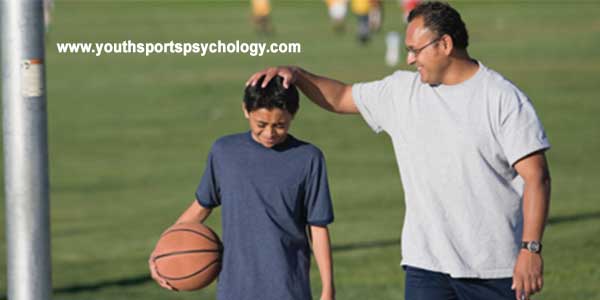
Helping Sports Kids Cope with Covid-19
It’s hard for sports kids to suddenly stop playing or competing in response to COVID-19.
Young athletes might be saying:
- “I’ve been competing since I was 8 years. I had hoped to end my career on a high note. Now I’m going to miss the rest of my senior year.”
- “I have trained so hard this year, and now I will need to go through that training all over again.”
- “My teammates were my best friends. I feel so isolated without them.”
- “I put in a lot of time and effort into improving my skills. I’m afraid that this much time away from training will hurt my skills.”
- “I spent so much time doing athletics, I don’t know what to do with my time.”
It’s understandable that sports kids are feeling upset.
While they’re not playing, kids can focus on things that help keep their heads in the game and allow them to work on skills that they may have neglected this year.
They can set small goals each day, which will help keep them focused. This will help them feel a sense of accomplishment.
First, they need to ask themselves which technical skills they need to improve. They can also think about how to stay fit. And they should ask,
“What are the mental skills I can develop to improve my performance in the future?”
Kids shouldn’t focus too much on their missed opportunities. Instead, they should grow their confidence by working toward their goals.
Remind kids: With every step forward, every improvement in training and technique, they’ll feel more confident.
Setting Goals for Kids
- Set long-term or season-long goals (based on their current game).
- Assess where they are today by looking at their statistics and performance.
- Identify areas or statistics that need improvement. These are performance objectives.
- Set smart goals that are measurable.
- Monitor, evaluate and modify their goals throughout the week, month and season.
It’s easy to establish goals, but the most important part of goal setting is goal getting. Kids need to establish daily strategies to improve their physical and mental game.
Help kids create three small goals per day. Be sure they think about mental, physical and technical skills.
Remind young athletes to focus on goal getting every day, rather than thinking about all that they’re missing. This will help them strengthen their mental and physical skills and their confidence for when they begin playing again.
Related Articles on Youth Sports:
- Create a Sports Culture that Includes All Kids
- Help Sports Kids Stay Active During COVID-19
- How to Help Young Athletes with Mental Health During COVID-19
*Subscribe to The Sports Psychology Podcast on iTunes
*Subscribe to The Sports Psychology Podcast on Spotify
The Composed Sports Kid

“The Composed Sports Kid” audio and workbook digital download program for young athletes and their parents or coach helps kids cope with frustration and anger in sports. Help your sports kids learn how to manage expectations and let go of mistakes so they can keep their head in the game.
The Composed Sports Kid system is really two programs in one–one program to train parents and coaches how to help their kids practice composure, and one program that teaches young athletes–ages 6 to 13–how to improve composure, let go of mistakes quickly, have more self-acceptance, and thus enjoy sports more!
